The indigenous groups or ethnic groups, are those that over the centuries maintain intact their traditions and cultures, face challenges, work tirelessly to preserve their cultural identity, and promote the recognition of their rights.
Pirarrã o Pirahã?
The confusion between Pirarrã and Pirahãcomes from the similarity in the sound of the names, but they refer to different indigenous groups and there is no direct relationship between them.
READ MORE
Pirahães the indigenous group inhabits the Amazon region, especially in Brazil. They are known for their unique language and distinctive cultural characteristics, such as their focus on the present and their rejection of abstract concepts, as well as a lifestyle based on hunting and gathering.
Pirarrã is a term sometimes used to refer to a specific group of indigenous communities in the region of Brazil (the Pirarrã River region) but is not as well known as the Pirahã group. The term “pirarrã” may also be used regionally or in specific contexts, but it is not part of the widely accepted nomenclature in the literature on indigenous ethnicities.
READ MORE
While the Pirahãs are a well-documented and studied group, the term “pirarrã” does not have the same relevance and clarity in anthropology and may refer to a less common context or term.
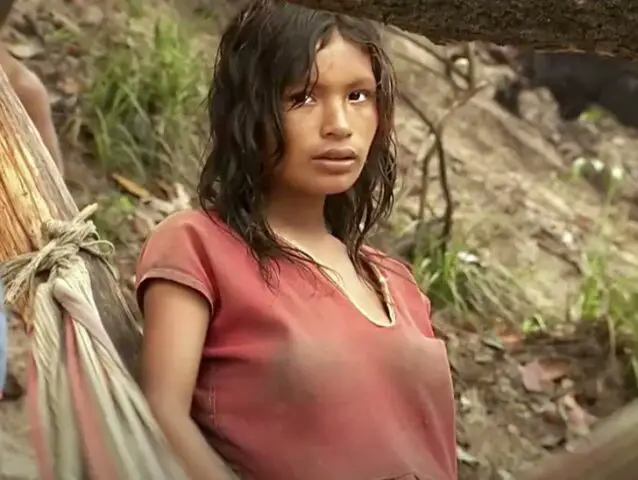
Origin of the Pirahãs
The Pirahãs are an indigenous group, an example of preservation.
The origin of the Pirahãs, like that of many indigenous ethnic groups, is shrouded in oral traditions and narratives that have been passed down from generation to generation. Although there is no extensive historical documentation of their exact origin, it is known that they have lived in the Amazon region for centuries and have developed a way of life adapted to the jungle.
They mainly inhabit the Maici River region, in the state of Amazonas, Brazil. Their ethnic group belongs to the Tukano linguistic family and is characterized by its rich and complex culture, as well as its close relationship with the natural environment.
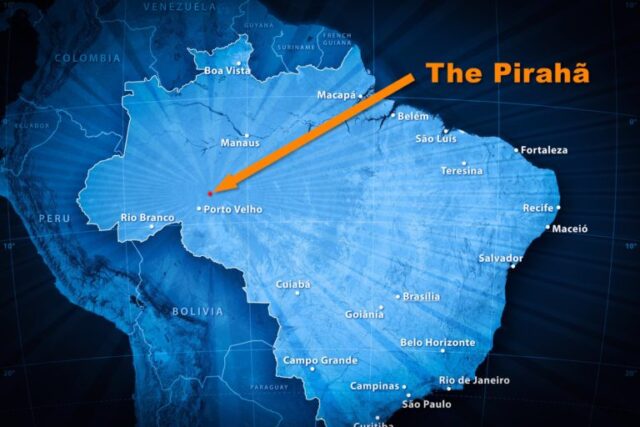
Equality and Reciprocity
The Pirahãs are known for their peculiar social system, which is based on principles of equality and reciprocity.
Their culture includes unique characteristics in terms of social organization, mythology and hunting and gathering practices.
READ MORE
Despite challenges, such as colonization pressure and natural resource exploitation, the Pirahãs have largely maintained their cultural identity and traditions.
In recent times, they have sought greater autonomy and control over their territories, as well as the revitalization of their language and traditions.
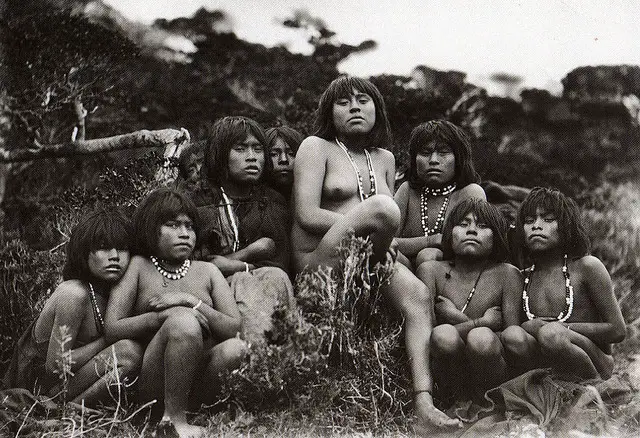
Subsistence
The Pirahãs’ economy has traditionally been based on subsistence agriculture, hunting, fishing and gathering. They depend on the Amazon rainforest for their subsistence.
One of the happiest in the world
The Pirahãs are considered by scholars to be one of the happiest ethnic groups in the world.
This happiness is reflected in the fact that they are almost always laughing.
The language of this ethnic group is always focused on the present, they do not have a specific term for “past” or “future”, which reflects their relationship with nature and a more immanent approach to their existence.
Nor do they have terms that identify kinship or descent, thus, the words Father and Mother are the same.
Many of them have no memories of their grandparents. When asked what life was like for their ancestors, they reply, “The same.”
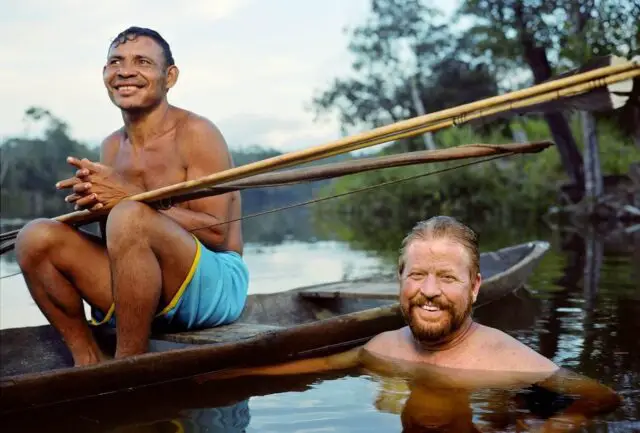
They do not have religion
The Pirahãs have no religion and do not believe in any God; they do not believe in anything they cannot see or feel.
They only believe in lesser spirits that can haunt them. They have a deep respect for nature spirits and believe that the world is full of spiritual beings. Their myths and legends often explain natural phenomena and the relationship between humans and nature.
Their particular language
According to the Recondite Universe Special, Apaitsiiso (“what comes out of the head”) is what the Pirahãs call their language, the last extant of the extinct Mura linguistic family.
Their language is extremely unique, characterized by the lack of terms for numbers and the absence of color in their vocabulary.
They have a very limited numbering system, with only words for “one” and “more than one”. They cannot count or do complex mathematical calculations.
Instead of numbers, they use comparative terms such as “bigger” or “smaller”.
Their culture is oral and they have no tradition of writing. They transmit their knowledge through storytelling and songs.
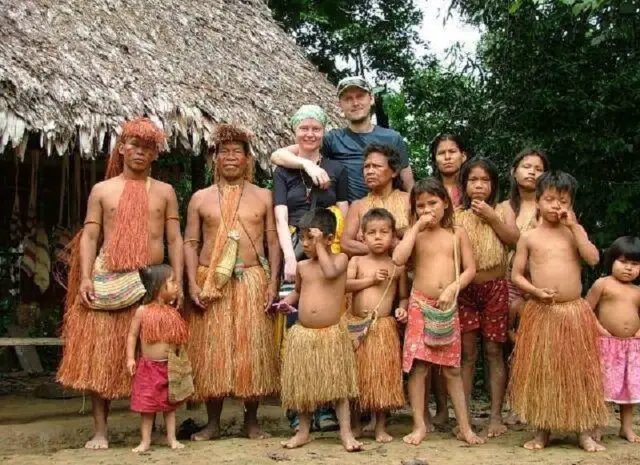
Everett in the life of the Pirahãs
The linguist, Daniel Everett, wanted to teach them arithmetic. But, after months of effort, they failed to grasp the concept.
Everett, with the help of psychologists, was able to understand that this was simply not how the pirahãs conceived the world.
The pirahās also lack names for colors, which is not to say that they are unable to distinguish them. They simply do not categorize the spectrum into more subtle or specific colors, such as blue-green, yellow ochre, or brownish-gray.
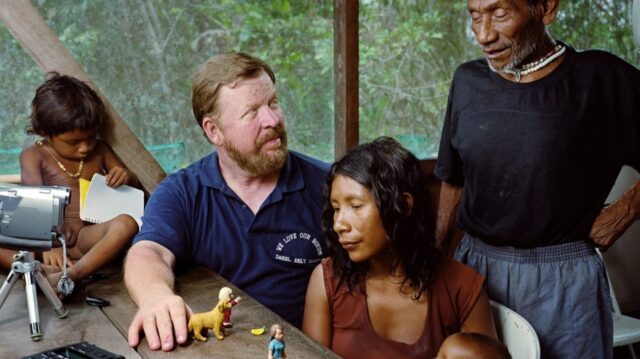
Details and curiosities
Even though the Pirahãs indigenous group has had contact with the outside world, they have maintained many of their cultural practices; some of the members of the ethnic group have decided to reject the imprint of modernity and have preferred to preserve their traditional way of life.
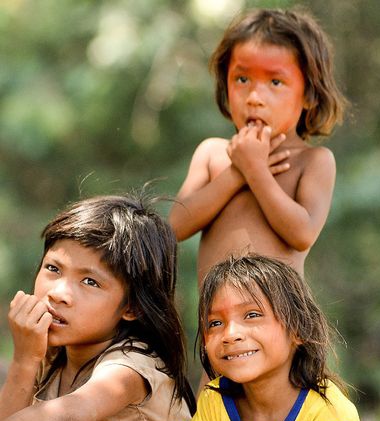
The Pirarrãs have been the subject of study by several anthropologists, especially because of their cultural and linguistic uniqueness. These studies have provided valuable information on indigenous cultural diversity in Brazil and on the importance of preserving these peoples.
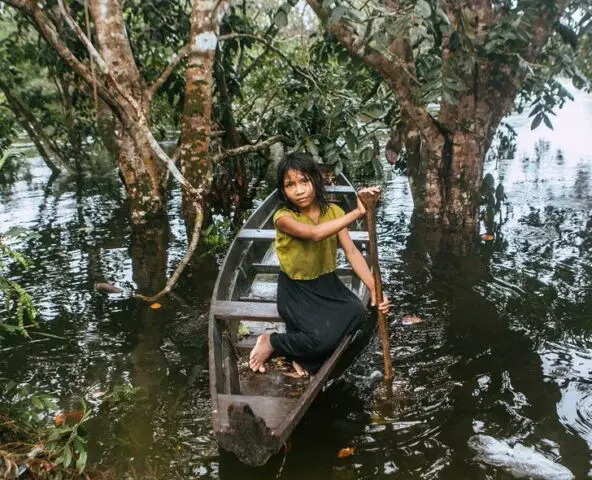
In this way, we are pleased to let you know more about indigenous communities, outside our beautiful Costa Rica, all of them unique, brave and faithful respectful of our nature.

